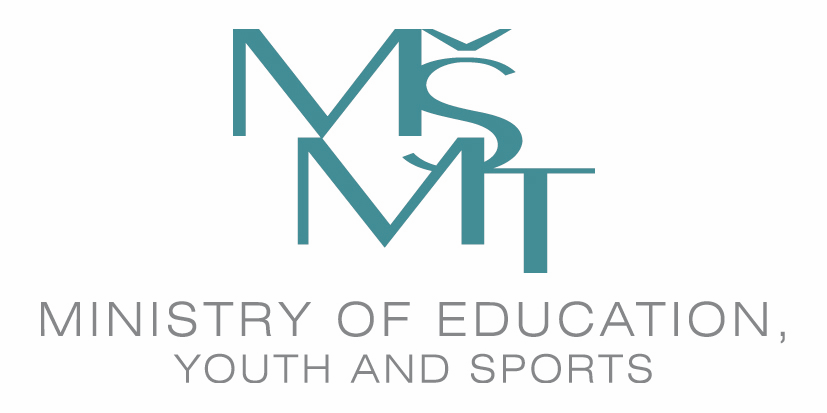
Annotation
This talk will address one of the possible future practical applications of quantum computers - solving optimization problems. The most promising algorithm in this area appears to be the Quantum Approximate Optimization Algorithm (QAOA), which will be the main focus of this talk. The advantage of this hybrid variational algorithm is that it can be used on today's quantum computers of this NISQ era. The Qiskit toolkit will be employed to demonstrate the practical applications of this algorithm as well as for hands-on exercises.
Benefits for the attendees, what they will learn:
Participants will get an idea of one of today's quantum computer's possible future practical applications. They will delve into the formulation of an optimization problem and its subsequent conversion into the form required for QAOA. The principle of finding the optimal solution to a given problem will be explained to them theoretically and through practical examples. Most importantly, participants will also get hands-on experience with IBM's Qiskit toolkit.
Level
beginner-intermediate
Language
English
Prerequisites
Basics knowledge of Python programming.
Basic knowledge of linear algebra.
Tutor
Jiří Tomčala
Jiří Tomčala is a researcher in the Quantum Computing laboratory of the IT4Innovations National Supercomputer Center. He graduated with a degree in Applied Mathematics in 2016 and earned his Ph.D. in Computer Science in 2021. In the years 2021, 2022, and 2023, he received the Certificate of Quantum Excellence from IBM Quantum and participated as a mentor for quantum computing projects in the PRACE Summer of HPC 2021 and 2022. He is an active publishing researcher in the field of quantum computing and regularly contributes his latest results to scientific conferences and journals. His current research interest lies in the use of quantum computation to solve optimization problems and factorization. Thus, he focuses on variational quantum algorithms and on the specific applications of Shor's and Grover's algorithms.
Acknowledgements

This project has received funding from the European High-Performance Computing Joint Undertaking (JU) under grant agreement No 101101903. The JU receives support from the Digital Europe Programme and Germany, Bulgaria, Austria, Croatia, Cyprus, Czech Republic, Denmark, Estonia, Finland, Greece, Hungary, Ireland, Italy, Lithuania, Latvia, Poland, Portugal, Romania, Slovenia, Spain, Sweden, France, Netherlands, Belgium, Luxembourg, Slovakia, Norway, Türkiye, Republic of North Macedonia, Iceland, Montenegro, Serbia. This project has received funding from the Ministry of Education, Youth and Sports of the Czech Republic.
.png)

This course was supported by the Ministry of Education, Youth and Sports of the Czech Republic through the e-INFRA CZ (ID:90254).
![[HYBRID] Quantum Computing Seminar: Solving Optimisation Problems Using the NISQ Era Quantum Computers (EuroCC)](/event/237/logo-3264908871.png)
